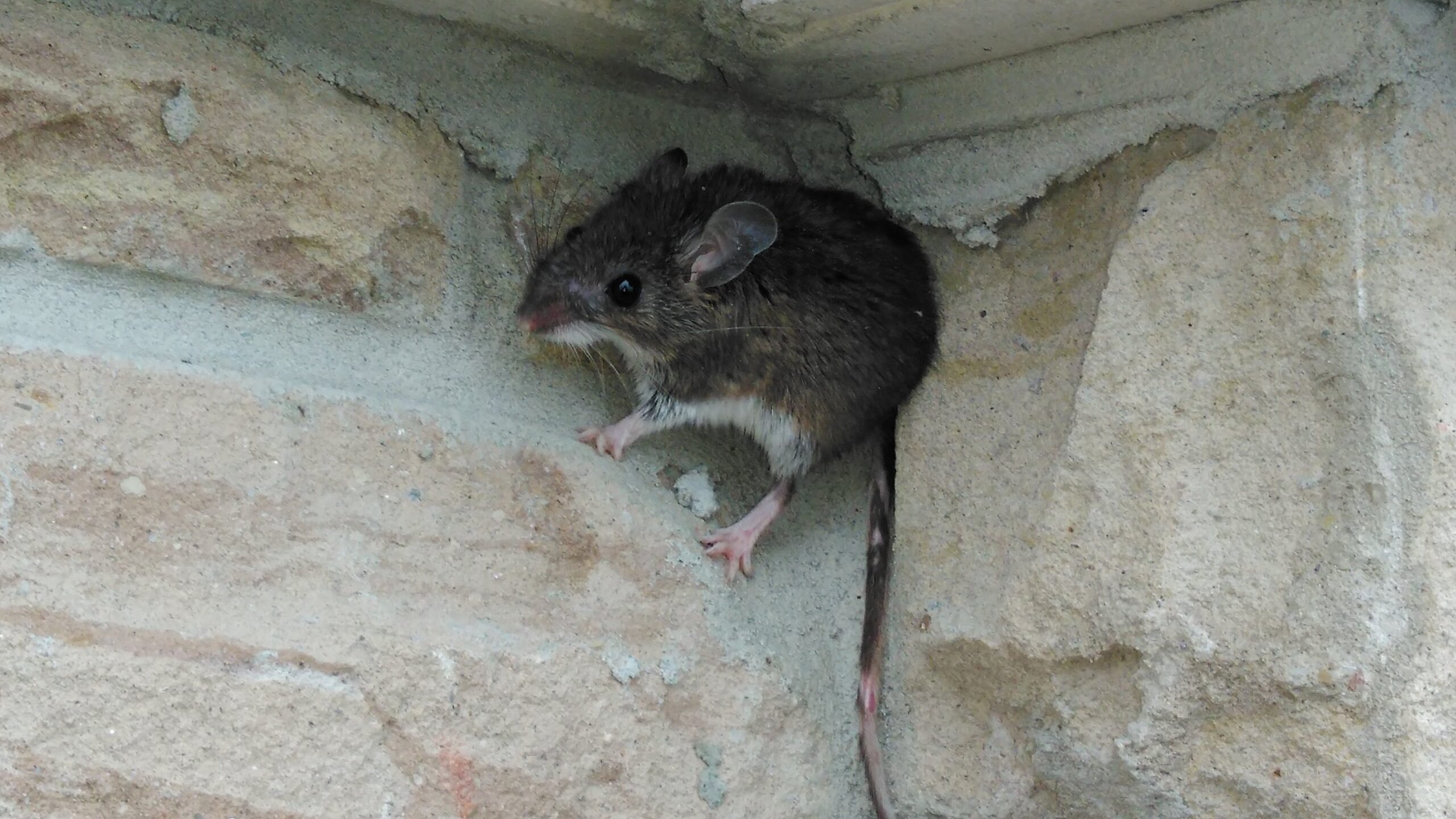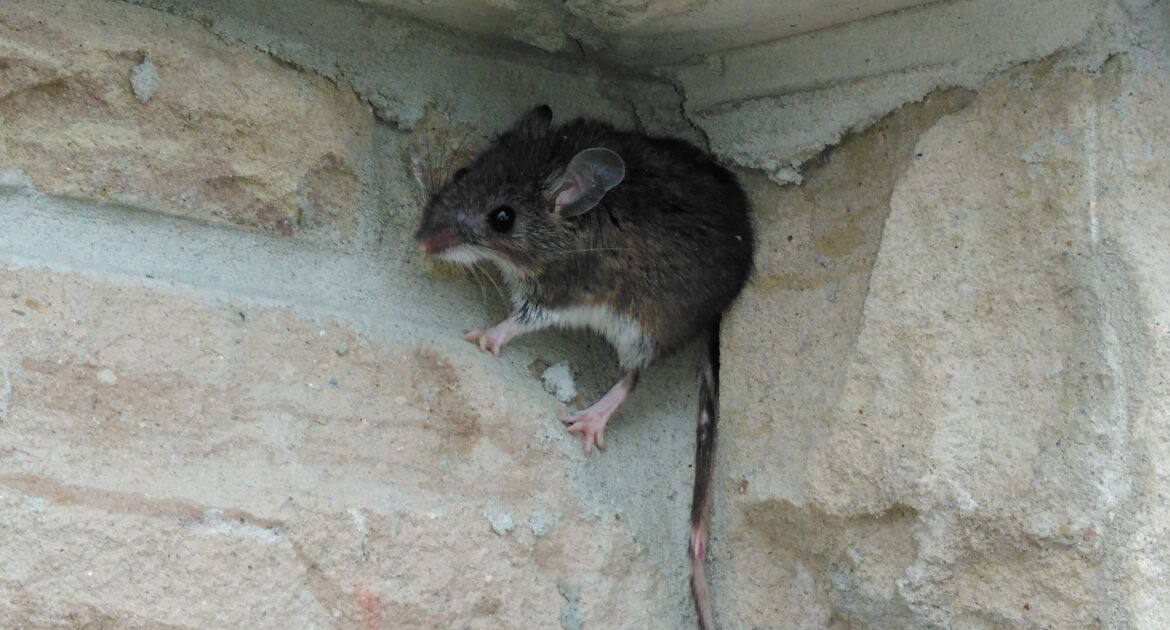An infestation of mice poses significant risks to the safety and health of your family. Mice damage to a house can be significant, and the more mice that are present, the more damage they can cause. Prompt mice removal in Chesapeake Beach may prevent the damage from becoming extensive.
Here are common answers to questions you may have about how mice get into your home, where they hide, and what damage they can cause.
How Do Mice Get Into Houses, Necessitating Mice Removal?
Mice are small creatures with flexible skeletons and can squeeze through very small spaces. Therefore, mice can get into a house through just about any opening in the home’s exterior: cracks in the foundation, gaps between the wall and the window, and even the space between the exterior door and the floor.
When your house was designed and built, the architect and construction crew purposely left vents in the roof for the HVAC system and openings where wires and pipes could come in and out. These openings are necessary to make your home livable but, unfortunately, they could also allow entry to mice. Fortunately, it is possible to seal off these openings against mice without interfering with their intended function.
Where Do Mice Hide Once They Get In?
Mice are prey animals, and they perceive humans as potential predators. Therefore, they stay as far away as possible from humans even when inside a house. They typically make their homes in attics, wall voids, and basements where humans seldom go. The inaccessibility of these places also makes it difficult for homeowners to clean up after the mice and repair the damage that they have caused. Even if you know where the mice are hiding, you may not be able to reach them inside the walls or under the floorboards.
What Kinds of Damage Can Mice Cause in Your Home?
Mice damage to a house can be extensive if the infestation has grown to a large size. Here are some examples of the types of damage you could observe.
Incessant Gnawing
Gnawing is important to survival for mice. They use their teeth to make new entry points, which is why you might see their holes in baseboards. They can chew holes in cardboard boxes or plastic containers to get food. Mice also gnaw on anything hard they can find, such as furniture, to keep their teeth filed down.
Most of the things mice gnaw on aren’t dangerous; however, they are also known to chew on electric wires. If they strip the insulation off, the wire could spark a fire.
Urine and Feces
Mice don’t need a special place to relieve themselves; they go all over. Mouse urine and feces can give off a bad smell. If mouse urine seeps into a porous surface, such as upholstery or drywall, the smell can be nearly impossible to remove.
Diseases
Mouse urine can also spread disease-causing bacteria. Bacterial diseases can be dangerous but are usually treatable with antibiotics. Mouse urine can also spread hantavirus, which causes severe respiratory illness. There are no medications effective against hantavirus, and about one-third of patients don’t survive. Attempting to clean mouse excrement can expose you to hantavirus.
Nesting Materials
Mouse babies are born hairless and vulnerable, prompting female mice to construct nests of soft and warm material. Using their resourcefulness, they shred insulation, fabric, or paper to craft safe and cozy homes for their offspring, ensuring their comfort and protection. Nesting materials can create serious fire hazards when inside areas like ventilation systems.
Call Skedaddle for Mice Removal in Chesapeake Beach
The damage that mice can cause can be disproportionate to their small size. Not only can it lead to expensive repairs, but it can also pose potential threats to health and safety. That’s why at Skedaddle Humane Wildlife Control, we prioritize the use of humane and effective methods for mice removal. With decades of experience, we have developed strategies that ensure the safety of both the wildlife and you. If you’re in need of reliable and responsible wildlife control services, don’t hesitate to get in touch with us. We are here to assist you in resolving any wildlife concerns you may have.




